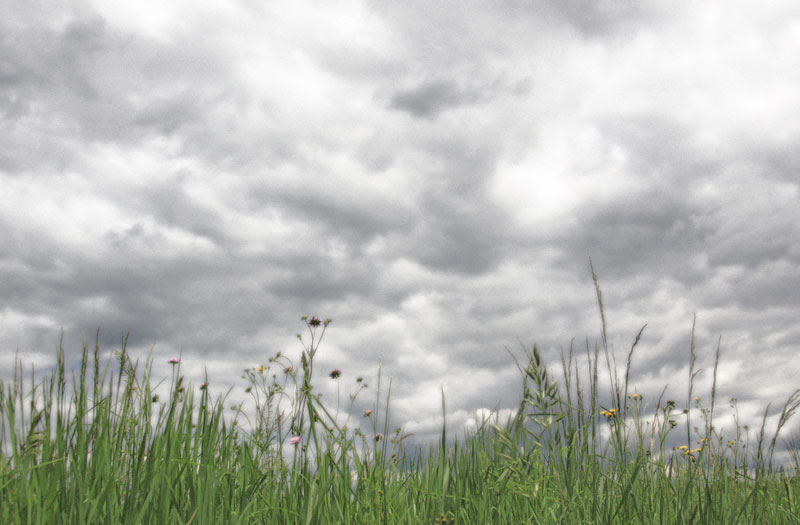 So here we are, at the beginning of a fresh new year. Let’s start it artfully with a bit of poetry. I found this poem in Cate Kennedy’s collection The Taste of River Water (Scribe, 2011), and it has lingered in my mind. It’s called ‘Makeover’.
So here we are, at the beginning of a fresh new year. Let’s start it artfully with a bit of poetry. I found this poem in Cate Kennedy’s collection The Taste of River Water (Scribe, 2011), and it has lingered in my mind. It’s called ‘Makeover’.
The one certainty is that whatever you want to reveal
will be covered in lead-based paint.
When you apply the heat gun
it smells like the fumes could kill you.
Sometimes you find your eyes fill with tears,
your head spinning with nauseating stars;
after a while your hand aches
just with scraping.
Re-entering the room,
you stop in your tracks
think: is this it?
Occasionally your hand (the muscles remembering)
will sweep over it gently
and there will be a residue, flakes of paint.
You’ll have to live with it now.
So step back and get it in perspective
get a hammer and nail and hang a picture there
or just keep banging until
you knock your way into another room.
Is there natural light?
Could you make a home here?
That’s the question you will ask yourself,
standing ghostly with plaster dust
absently swinging your hammer, a great new idea
suddenly occurring to you.
Much of the beauty of poetry lies in its inspired use of language, but its potency also resides in its capacity to offer us a slantwise insight into the world both around and within us. That’s how this poem is for me. While it is ostensibly about the process of home renovation, I read it as an analogy for writing.
It begins with the idea of what we want to reveal. This is sometimes clear to us when we write, but it might be buried in convoluted expression. At other times, we know what we hope to disclose, but we’re terrified of sharing it. And then there are times when it is only by burning away the “lead-based paint” that we can discover what our writing is truly about.
Whichever version of this may be present for you, working through it could cause your eyes to “fill with tears” and your head to spin with “nauseating stars”. Your hand—and sometimes also your heart—will ache with the scraping.
Later, when reading back over your writing, you may well wonder “is this it?”, and of course, you will still feel under your fingertips the slightly gritty bits where your words are not as poetic or precise as you’d like. But if you’ve taken the adventurous step of sharing what you have written, then perhaps you’ll just “have to live with it now”.
It’s this next part of the poem that I like the most: the advice to “step back and get it in perspective”.
Whether in our writing or our lives, it is through dedication to details that we are able to create works of artistry and delight. However, keeping our attention fixed on minutiae can cause us to miss the broader context. In this case, it could be that some deft decoration will improve your outlook. Or, as the poem suggests, the composition that currently leaves you feeling less than inspired might be the starting point for something new.
The question at the crux of this—of the poem, of your writing, and maybe even of this year—is “Could you make a home here?” Could you, after pursuing the exacting and exhilarating journey of creation, regardless of your satisfaction with the outcome, go through it again?
Of course you could.
How else can you honour that “great new idea / suddenly occurring to you”?
What is your interpretation of Cate Kennedy’s poem? What other poems speak to you of the pleasures and difficulties of writing? What great idea—old or new—will guide and inspire your work and your words this year?
 Sometimes words find us in unexpected ways, falling into our minds like light piercing through the gloom. It happened like that with this poem, which was shared with me by a dear friend. Now I am sharing it with you.
Sometimes words find us in unexpected ways, falling into our minds like light piercing through the gloom. It happened like that with this poem, which was shared with me by a dear friend. Now I am sharing it with you. For all its beauty, complexity and nuance, language is at times sadly inadequate. Certain experiences fall beyond words. They render us inarticulate, unstitching us from meaning and annihilating our ability to share the messy reality of our lives.
For all its beauty, complexity and nuance, language is at times sadly inadequate. Certain experiences fall beyond words. They render us inarticulate, unstitching us from meaning and annihilating our ability to share the messy reality of our lives.
